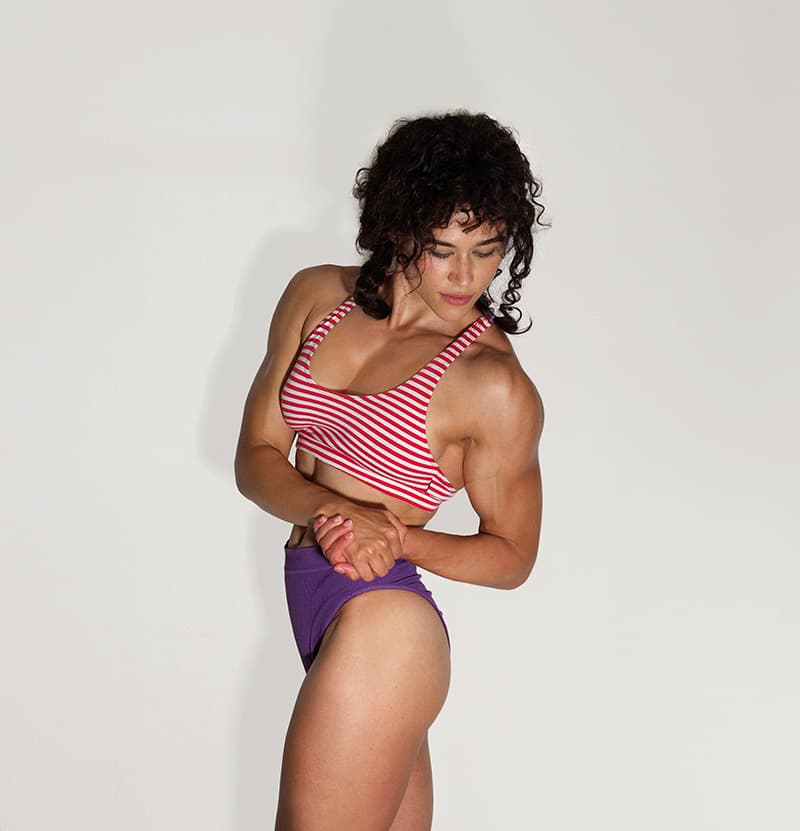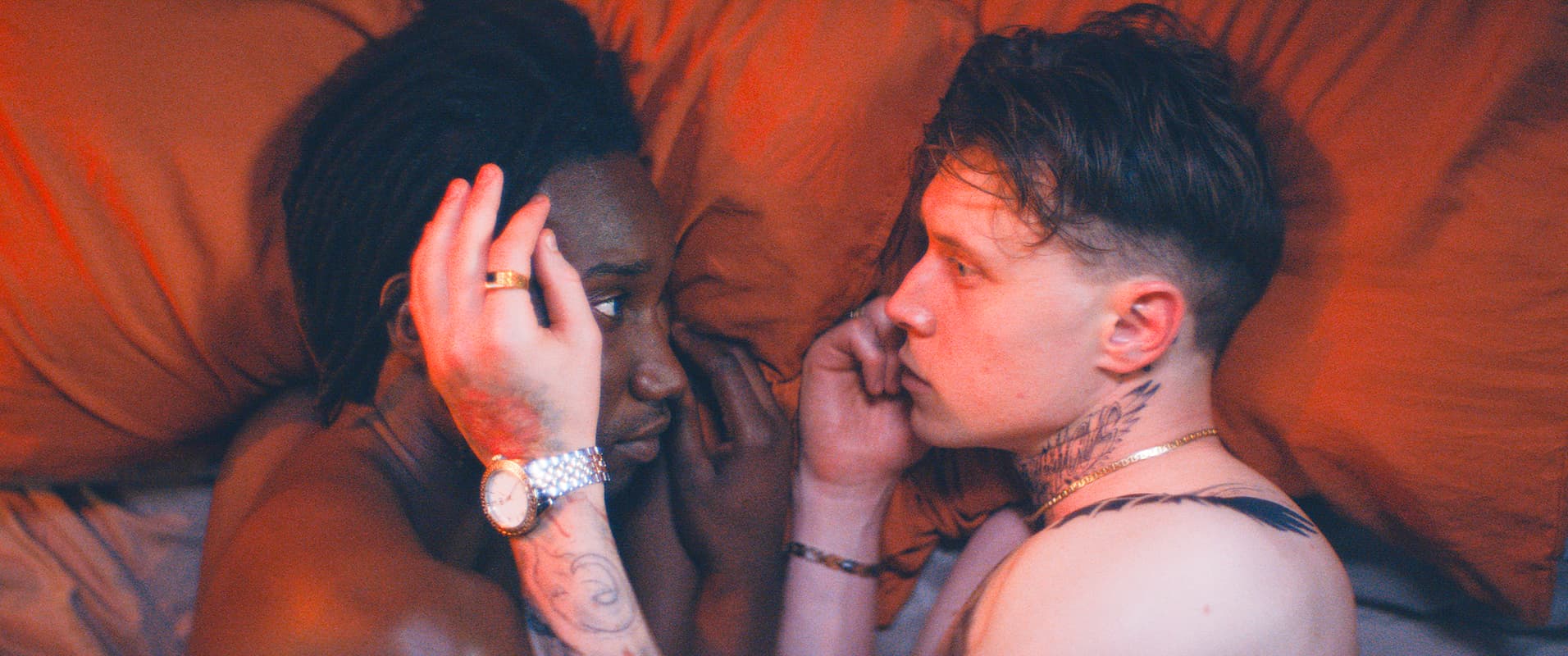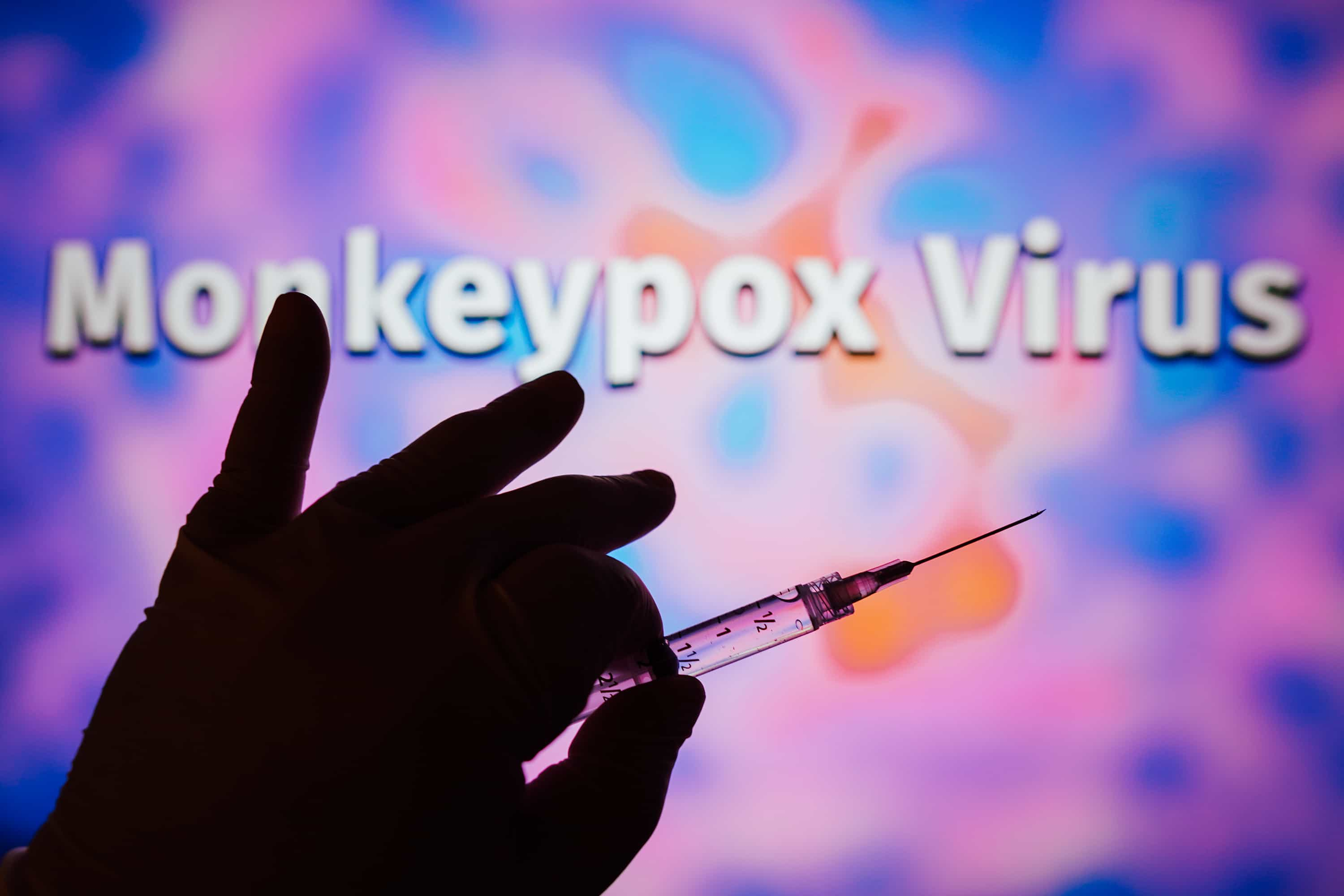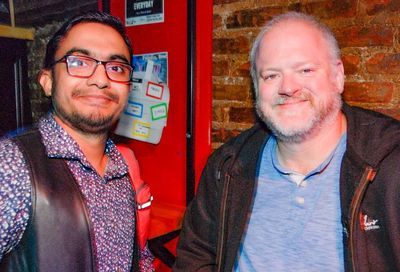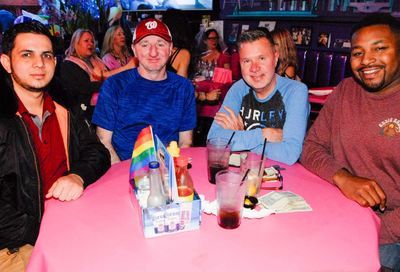Jury rules against conversion therapists in landmark N.J. case
Decision finds that JONAH violated consumer fraud laws by promising to successfully change clients' sexual orientation

A jury in a landmark trial in New Jersey ruled on Thursday that a “conversion therapy” program that purported to be able to change clients from gay to straight violated the state’s consumer fraud law.
The jury in the case of Michael Ferguson, et al., v. JONAH ruled that the organization Jews Offering New Alternatives for Healing (JONAH), its founder, Arthur Goldberg, and counselor Alan Downing violated the state’s consumer fraud law by claiming they could cure clients of being gay. The jury ordered JONAH to pay $72,400 to compensate three former clients and two of the clients’ mothers for the fees they paid to have their children undergo the therapy, which cost $100 for a weekly, individual session with a counselor and another $60 for group therapy sessions. The jury also required that JONAH pay for the cost of mental health counseling that one of the plaintiffs needed after being unsuccessful in changing his sexual orientation.
The lawsuit, which was brought by the Southern Poverty Law Center (SPLC), was intended to expose the claims of successful sexual orientation change efforts made by proponents of conversion therapy as fraudulent. As a result, the failure to deliver on promises of successful change would put the groups that engage in conversion therapy at risk of being prosecuted under existing consumer laws. Opponents of conversion therapy hope that this ruling will set a precedent that other courts will follow. The logic behind this is that if practitioners of conversion therapy are likely to be sued and found guilty under consumer fraud statutes, a number will stop engaging in it, thus constituting a de facto ban on the practice.
“This verdict is a monumental moment in the movement to ensure the rights and acceptance of LGBT people in America,” David Dinelli, SPLC’s deputy legal director, said in a statement after the court victory. “Conversion therapy and homophobia are based on the same central lie — that gay people are broken and need to be fixed. Conversion therapists, including the defendants in this case, sell fake cures that don’t work but can seriously harm the unsuspecting people who fall into this trap.
“We’re proud of our clients, who survived these so-called treatments and had the courage to call to account the people who defrauded them with their false promises,” Dinelli added.
During trial, the jury was introduced to several of the practices that went on in JONAH’s conversion therapy sessions, some of which bordered on the bizarre. According to the initial complaint filed by SPLC on behalf of the plaintiffs, some of those rituals included beating an effigy of one’s mother with a tennis racket, being subjected to taunts of “faggots” and “homos” in mock locker room and gym class scenarios, being made to cuddle with or intimately hold other people of the same sex, including counselors, going to the gym or bath houses to be nude around father figures, and removing clothing to get naked during both individual and group therapy sessions.
The SPLC’s case against JONAH was also bolstered by a previous ruling by the judge in the case, New Jersey Superior Court Judge Peter Bariso, Jr. Bariso had earlier excluded several key defense witnesses, many of whom are proponents and practitioners of conversion therapy. He had also ruled that the central idea behind conversion therapy — that homosexuality is a mental disorder and can be cured — is a discredited notion. As a result of that ruling, Bariso left it up to the jury to determine whether they believed JONAH represented homosexuality as a disorder that could be cured, or simply as “disordered,” according to their religious beliefs. Had the jury decided the latter was true, those assertions would have been protected by the First Amendment.
SPLC also told NJ Advance Media for NJ.com that it would be asking the court for an injunction to stop JONAH from operating, and ask that the court require JONAH to pay SPLC’s attorney fees.
The tack of combating conversion therapy by approaching it as consumer fraud has also begun to gain traction among some lawmakers, both in individual states and nationally. U.S. Rep. Ted Lieu (D-Calif.) has introduced a bill that would allow the Federal Trade Commission to classify for-profit conversion therapy — and its promises to change people’s sexual orientation or gender identity — as “fraud.” That would enable the FTC to pursue further action against practitioners if it so chooses.
Closer to home, Equality Virginia, which has been pushing to pass a ban on the practice of conversion therapy on minors through the General Assembly, praised the decision and offered indications that they would use the New Jersey finding that the promises to change sexual orientation or gender identity were fraudulent to help boost their rationale for why legislators should pass such a bill.
“This verdict put us one step closer to ending the harmful and ineffective practice of conversion therapy and supports what we already know: being gay is not a disease that somebody can be cured of,” said James Parrish, Equality Virginia’s executive director. “Instead of trying to ‘fix’ our gay and transgender youth, we must protect them from harmful and fraudulent practices and accept them for everything they are.”
Currently, four jurisdictions — California, New Jersey, Washington, D.C. and Oregon — prohibit the practice of conversion therapy on minors but not for adults. A bill in Illinois passed and was sent to Gov. Bruce Rauner (R), who has yet to make a decision about whether to allow the bill to become law. Another proposed ban, in New York, passed the Democratic-controlled State Assembly but was killed after leadership in the Republican-controlled Senate refused to bring the bill up for a vote.
Support Metro Weekly’s Journalism
These are challenging times for news organizations. And yet it’s crucial we stay active and provide vital resources and information to both our local readers and the world. So won’t you please take a moment and consider supporting Metro Weekly with a membership? For as little as $5 a month, you can help ensure Metro Weekly magazine and MetroWeekly.com remain free, viable resources as we provide the best, most diverse, culturally-resonant LGBTQ coverage in both the D.C. region and around the world. Memberships come with exclusive perks and discounts, your own personal digital delivery of each week’s magazine (and an archive), access to our Member's Lounge when it launches this fall, and exclusive members-only items like Metro Weekly Membership Mugs and Tote Bags! Check out all our membership levels here and please join us today!




